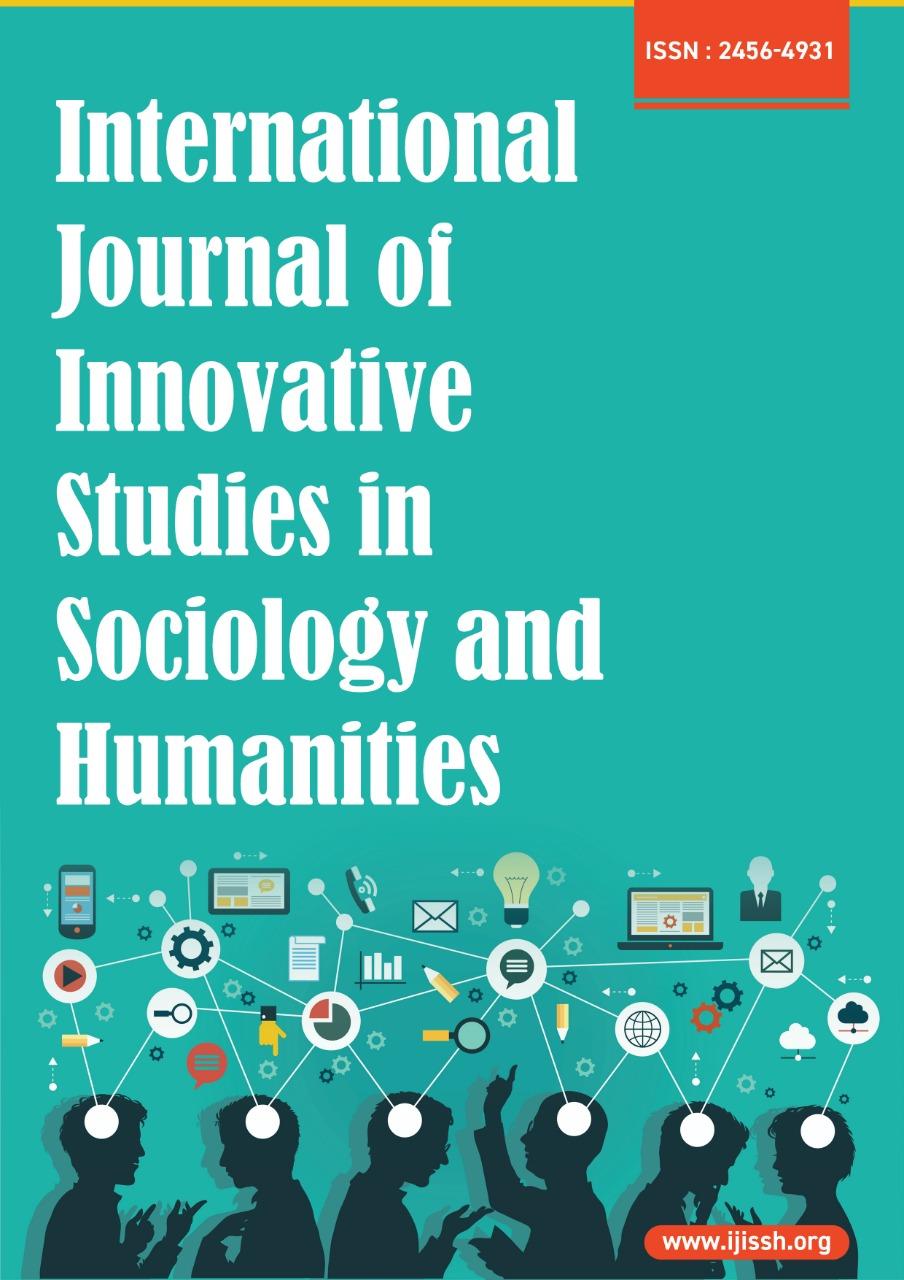Editor Guidelines
Publication Decision: The Editor of the journal is solely responsible for deciding for the articles submitted to the journal whether accepted to publish in the journal. The editor may be guided by the journal's policies regarding issues such as defamation, copyright infringement and plagiarism. The editor may discuss with other editors or reviewers in making the decisions.
Peer Review: The editor shall ensure that the peer review process is fair, unbiased, and timely. Research articles must typically be reviewed by external and independent reviewers.
Fair Play: The editor should always scrutiny the manuscripts for their scientific content without regard to race, gender, sexual orientation, religious belief, ethnic origin, citizenship, or political philosophy of the authors. Editor’s decisions should encourage transparency and complete, honest reporting.
Confidentiality: The editor must protect the confidentiality of all material submitted to the journal and all communications with reviewers, unless otherwise agreed with the relevant authors and reviewers. The editor must protect reviewers’ identities. Unpublished materials disclosed in a submitted manuscript must not be used in an editor's own research without the written consent of the author. Privileged information or ideas obtained through peer review must be kept confidential and not used for personal advantage.
Declaration of Competing Interests: Any potential editorial conflicts of interest should be declared to the publisher in writing prior to the appointment of the editor, and then updated if and when new conflicts arise. The publisher may publish such declarations in the journal.
Journal Metrics: The editor must not attempt to influence the journal’s ranking by artificially increasing any journal metric.

